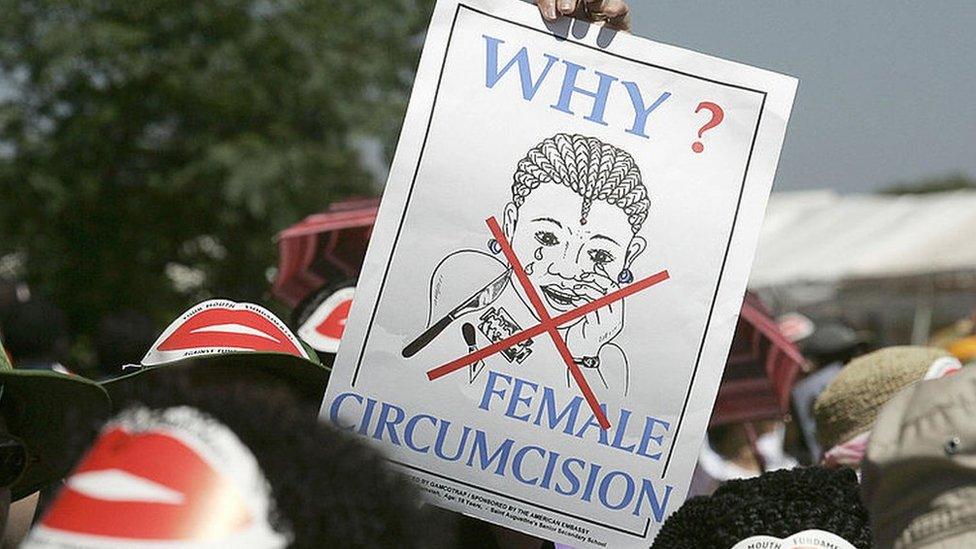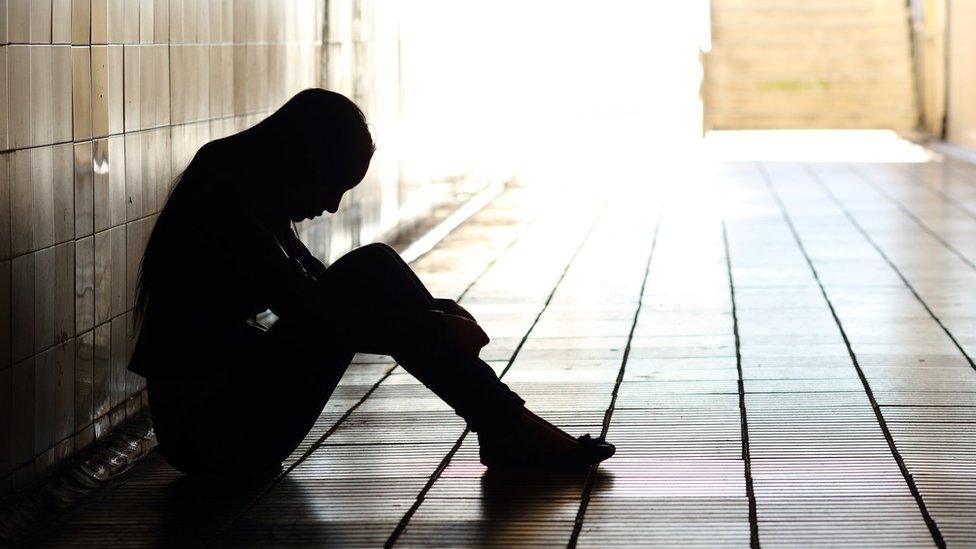FGM is child abuse, says UN Population Fund chief
- Published

The head of the United Nations Population Fund has, for the first time, described female genital mutilation as "child abuse".
Dr Babatunde Osotimehin told the BBC that the custom was a human rights abuse and needed to end immediately.
More than 200 million women and girls around the world have undergone the procedure, where parts of the female genitals are removed.
The UN estimates a further three million are at risk of being mutilated.
Dr Osotimehin said: "There is absolutely no reason to cut anybody, and it seemed to us that it is part of the gender imbalance that has always existed in these communities which are based on patriarchy. I think it's child abuse."
Female Genital Mutilation is "child abuse and gender based violence"
The organisation had previously referred to the practice as a human rights violation, but has stopped short of calling it child abuse.
FGM is practiced mainly in parts of Africa, the Middle East and Asia.
It involves the partial or total removal of the female external genitalia or other injury to the female genital organs for non-medical reasons.
Some countries in Africa are working to change traditional perceptions of FGM.
At the moment about one in five women in Kenya has been cut.
But the UN children's charity, Unicef, says Kenya could eradicate the practice in the next 15 years.
However, deeply entrenched traditions in some communities in this region, and across the world, make this a major challenge.
- Published11 July 2016
